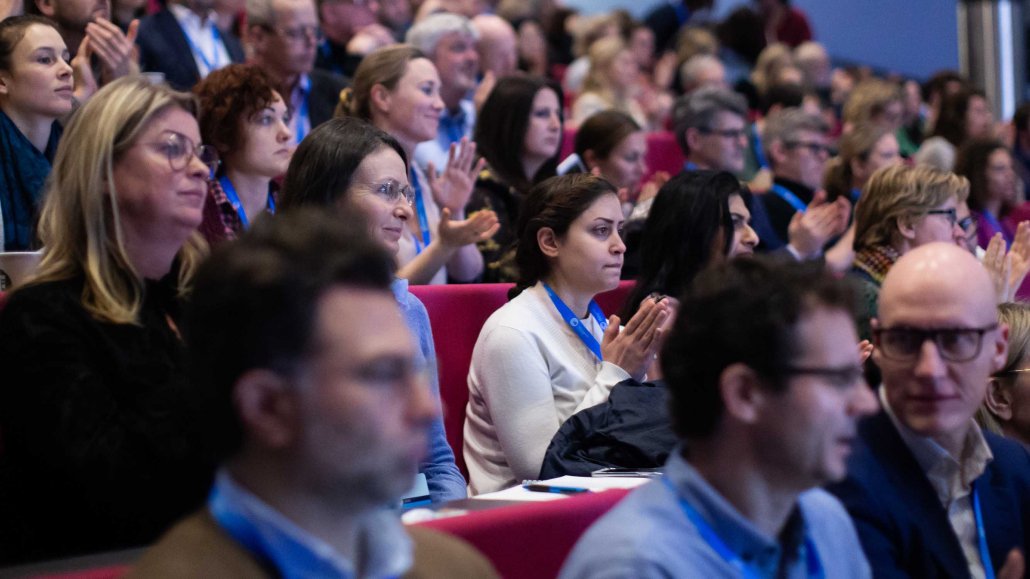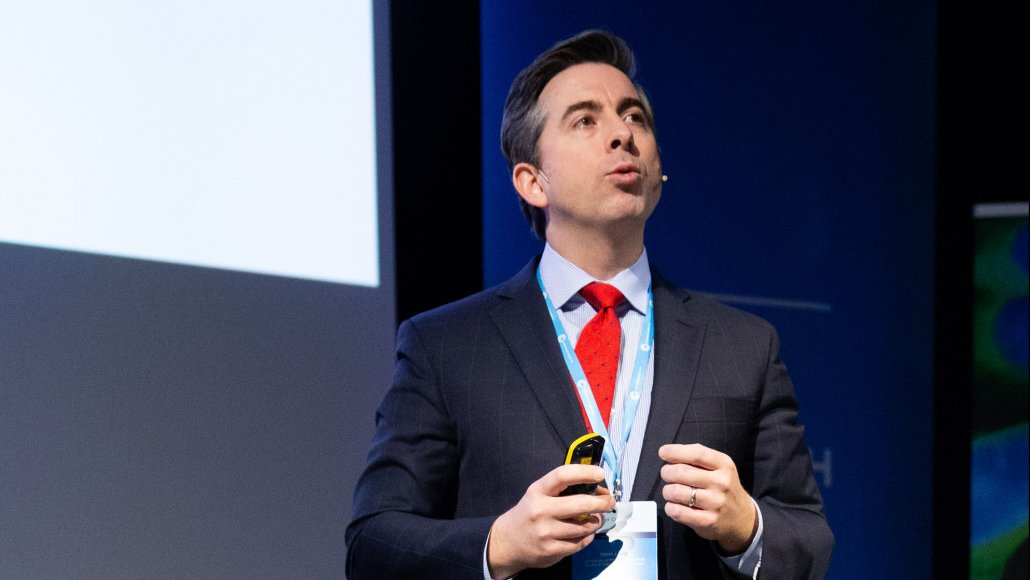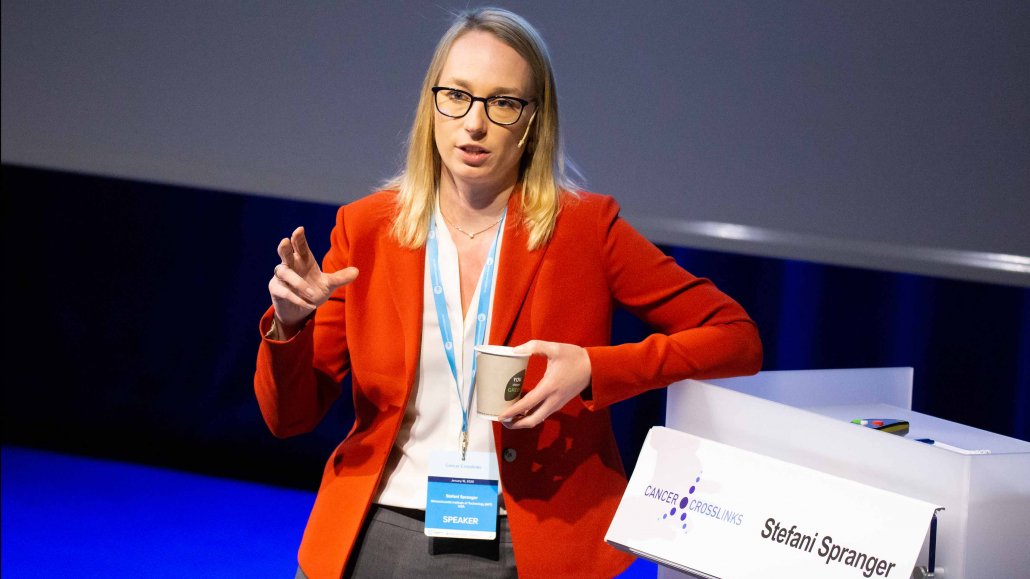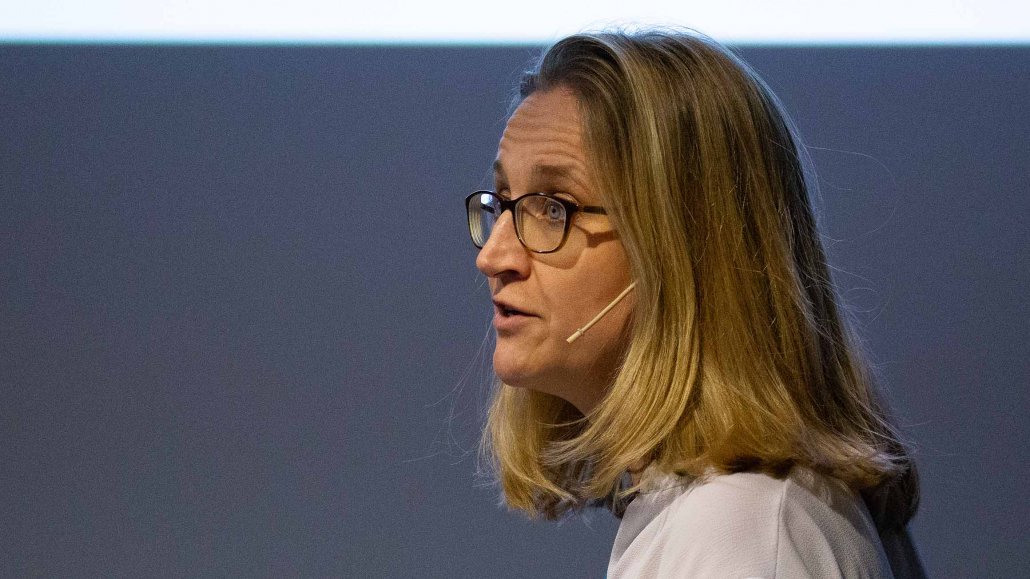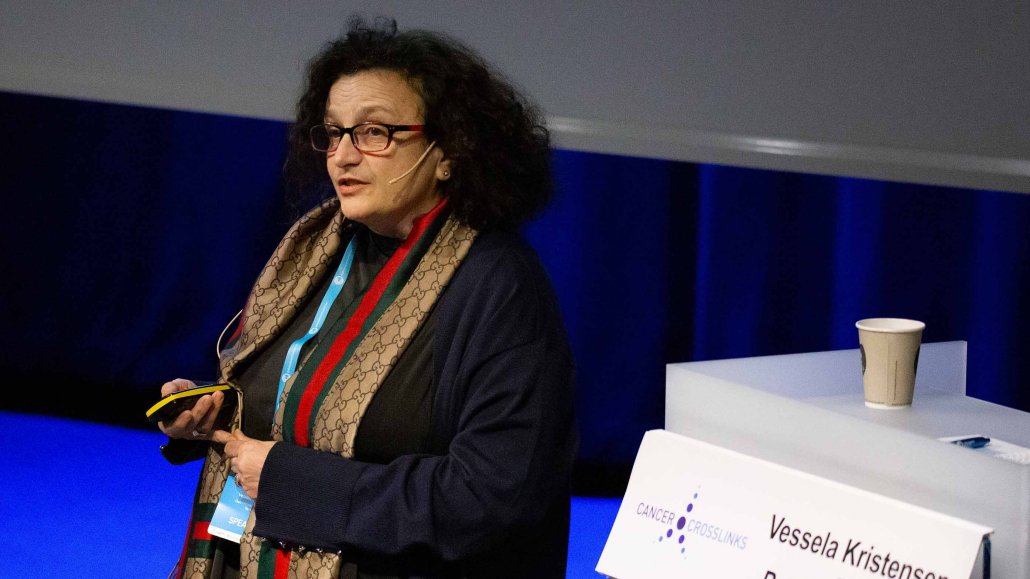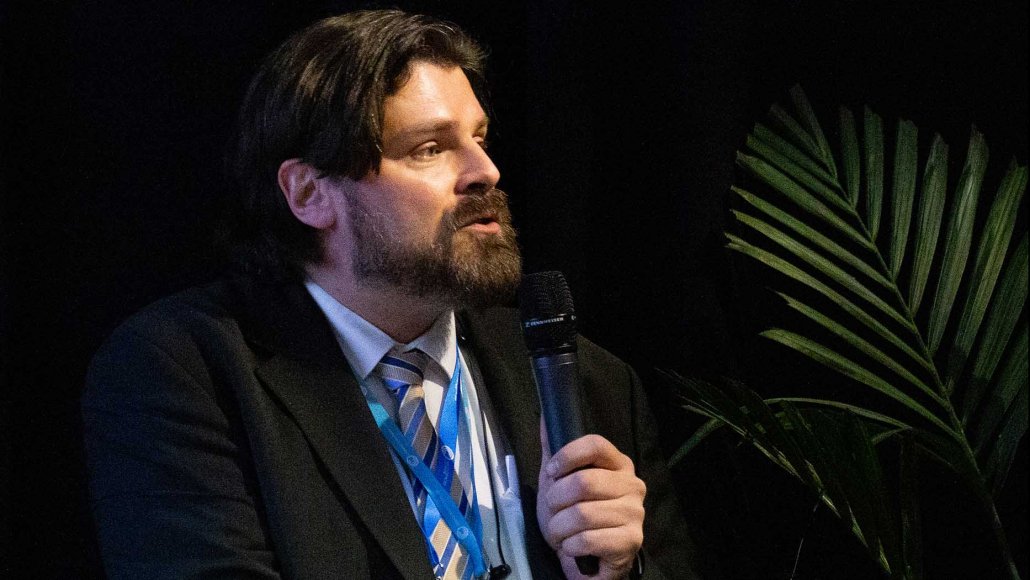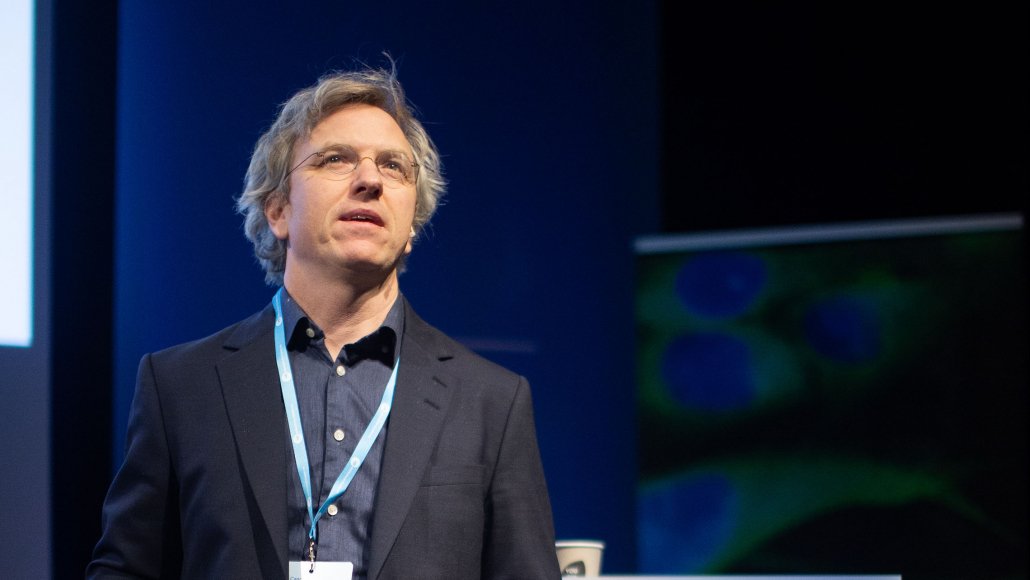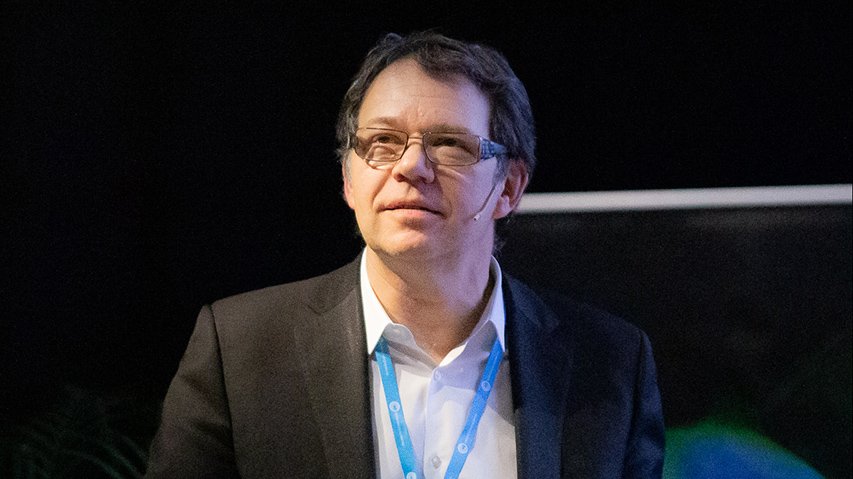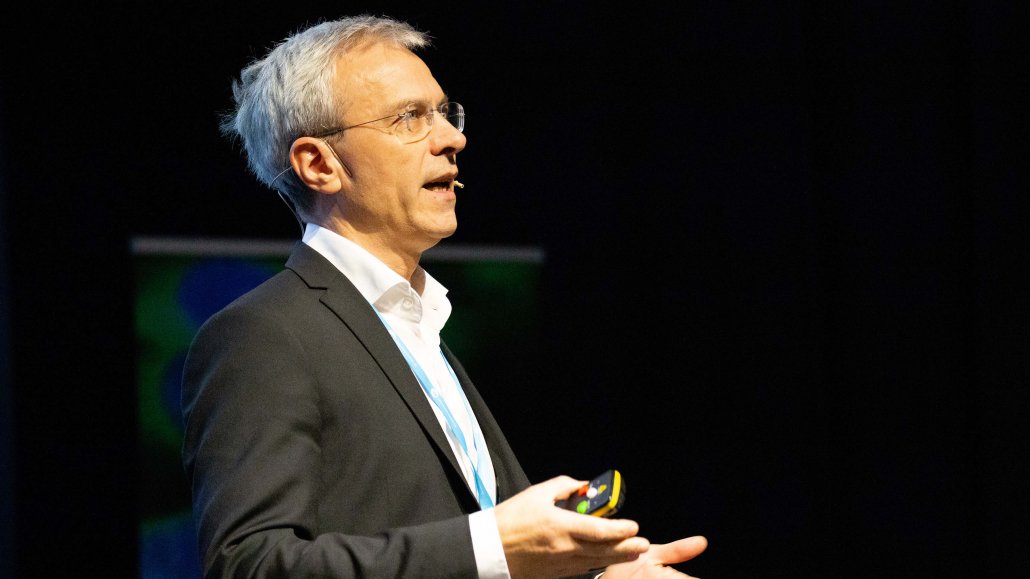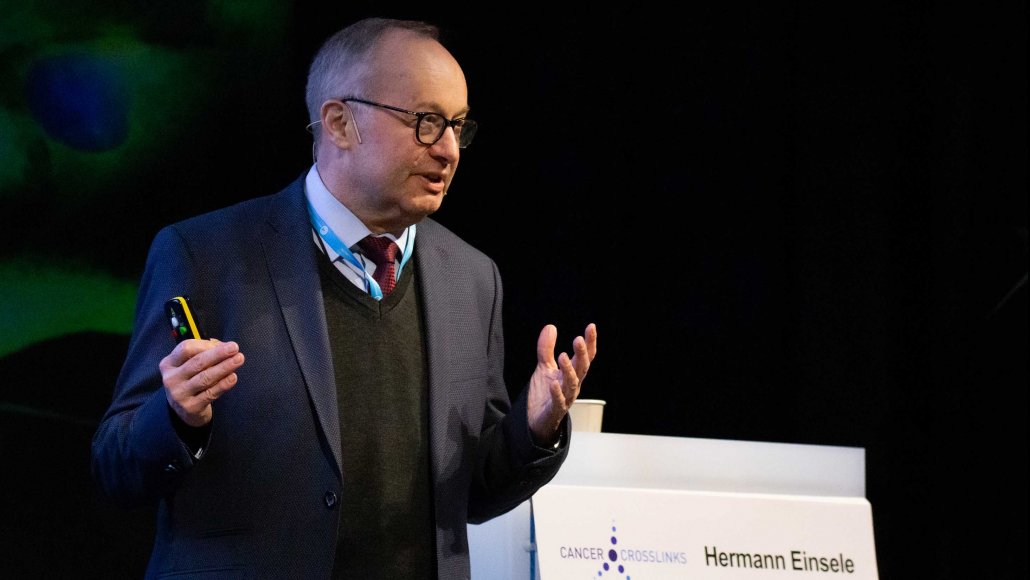Norwegian cancer initiatives receive international attention
Norway is pioneering precision medicine in cancer with three nation-wide initiatives.
Norway is breaking new ground for precision cancer medicine implementation with three national initiatives that are highlighted in the latest issue of the academic journal Nature Medicine. The article shows the broad stakeholder involvement in the initiatives with 116 contributors with 80 different affiliations.
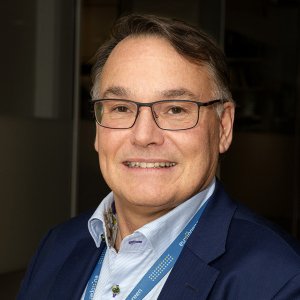
Kjetil Taskén, Head and Director of Institute of Cancer Research at Oslo University Hospital (OUS). Photo: OUS
“These initiatives represent a triple-win effect,” said Kjetil Taskén, Head and Director of Institute of Cancer Research at Oslo University Hospital and Professor at University of Oslo. “The patients gain access to modern treatments; the researchers can investigate the effect of different medicines on new indications; and the industry can expand the application of their drugs.”
The three initiatives
- InPreD is a service for precision diagnostics organised as a national infrastructure within the specialist health service.
- IMPRESS-Norway is a nation-wide clinical trial evaluating the efficacy of anti-cancer drugs on new indications.
- CONNECT is a consortium of public and private stakeholders driving the implementation of precision cancer medicine in Norway.
Precision diagnostics for patients
Recent developments in precision medicine offer new medical opportunities for cancer patients, which has ignited a debate in Norway about access to more modern treatments. Though equal access is ensured through Norway’s universal health coverage, the medical possibilities challenge public budgets and has led to delayed access for some patient groups.
“There is a growing, worrying split in the health service, where some patients feel compelled to buy diagnostics and treatments at private clinics, when the opportunity does not exist in the public sector,” said Ingrid Stenstadvold Ross, General Secretary of the Norwegian Cancer Society. “These initiatives are spearheading new solutions for seriously ill cancer patients, wherever they live in Norway, and demonstrate what is possible to accomplish with public-private collaboration.”
Norway is one of the first countries in Europe to have a reimbursement scheme, with additional financial support from the regional health authorities to hospitals, for the gene panel test via InPreD. The infrastructure is being set up at all university hospitals in Norway and patients from all Norwegian hospitals can be referred to InPreD. It is currently only available to patients with no other treatment options. The results from the test are discussed in a weekly molecular tumour board that refers patients to clinical follow-up, IMPRESS or other clinical trials.
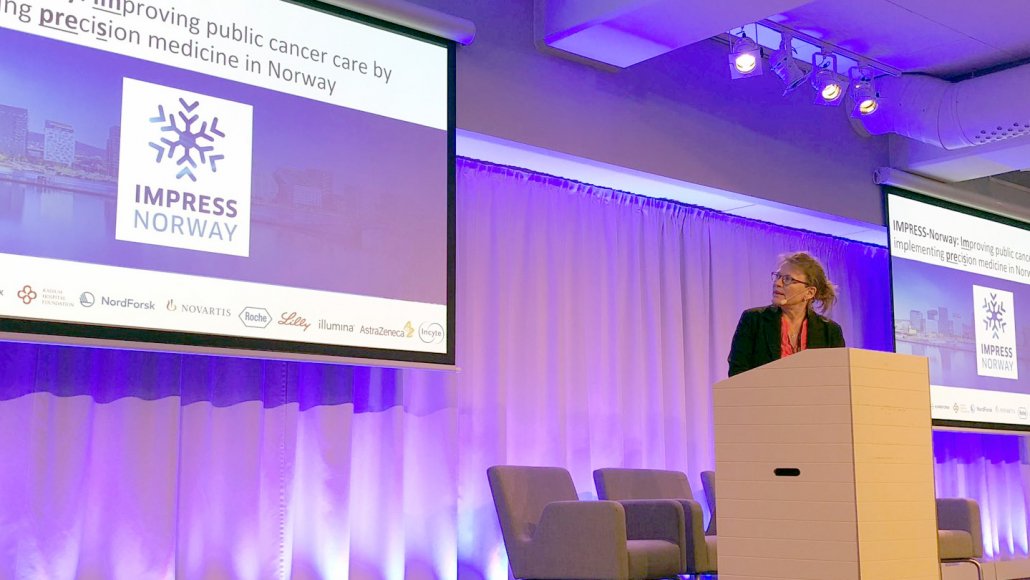
Åslaug Helland from Oslo University Hospital presented IMPRESS-Norway at Nordic Precision Medicine Forum 2022 in Stockholm. Photo: Åsmund Flobak
InPreD has screened more than 359 patients, of which 67 patients have been included into treatment cohorts in IMPRESS, as of April 2022. An additional 10-15 per cent of screened patients have been assigned to another clinical trial or drugs through compassionate use programmes. This means about 40 per cent of screened patients have received a new treatment option.
“This is about leaving no stone unturned, about finding drugs for patients who wouldn’t have gotten it otherwise. We want to serve the needs that the patients have in terms of modern treatments in the public healthcare system,” said Taskén.
Clinical trial offers new hope
There are currently 16 drugs available in IMPRESS and the goal is to include 23 drugs by the end of 2022. The first pharmaceutical company to join was Roche, providing eight drugs in January 2021. Novartis entered IMPRESS as second partner in 2021, now contributing four cancer medicines.
“These initiatives offer patients who have exhausted available treatments, a chance for new treatment options and hope,” said Eli Bergli, Medical Head Oncology, Novartis Norway. “Novartis is proud to be part of the implementation of precision diagnostics, so patients can receive a tailor-made treatment for their disease. These innovative partnerships, where public sector, academia and private industry collaborate in finding the best solutions for the future of healthcare, are ground-breaking and offer patients early access to new innovative treatments.”
“InPreD, IMPRESS and CONNECT are core initiatives for the implementation of precision medicine in Norway, and Roche is a proud partner,” agreed Kristin Krogsrud, Healthcare System Partner, in Roche Norway. “In addition to the important goals of establishing genetic testing in clinical practice and generation of scientific data, we see the work around development and piloting novel reimbursement methods as key to be able to improve patient’s access to personalized treatment.”
The four Norwegian regional health authorities recently decided to reimburse drugs in Stage 3 cohorts in the IMPRESS trial. The pharmaceutical industry pays for the first 16 weeks and, if the patient achieves a response after 16 weeks in the trial, the treatments can be reimbursed permanently from the public healthcare system. This is the first mechanism for a pay-for-performance model in precision cancer medicine in Norway ever.
“We have had a great and close collaboration with the hospitals in the establishment of a national infrastructure in the Specialist Health Service for precision diagnostics in the cancer field (InPreD),” said Jan Frich, Deputy Chief Executive Officer at South-Eastern Norway Regional Health Authority. “The high inclusion numbers in the IMPRESS-study after referral from InPreD confirm that we are on the way to succeeding in establishing the necessary ecosystem for advanced diagnostics and clinical studies in the Specialist Health Service. This is something we are very proud of.”
Connecting public with private
The third initiative is CONNECT, a public-private consortium consisting of 28 partners, with Oslo Cancer Cluster being the project coordinator. The common goal is to drive the implementation of precision cancer medicine in Norway.
“Oslo Cancer Cluster is a neutral facilitator and an intermediator between public and private. They have been with us since we started working on these national initiatives. Among other things, Oslo Cancer Cluster has been a great supporter in bringing in the pharmaceutical companies in IMPRESS,” said Taskén.
The Norwegian Health Directorate is one of the observers in CONNECT and a coordinator for the National Strategy for Precision Medicine.
“We follow the work in CONNECT with great interest as it investigates new ways of implementing precision medicine,” said Grethe Foss, Project Leader for Precision Medicine at the Norwegian Health Directorate.
Taskén stresses one reason for the success of these initiatives is that they are not about profiling individual institutions or people but about coming together with shared objectives.
“There has been trust and we have been able to act together. The fact that these initiatives now receive international attention can hopefully lead to an expansion of our efforts, that more companies and institutions join, so that more cancer patients gain access to the cancer treatments of the future.”
Learn more
- Read the press release from Oslo University Hospital (in Norwegian)
-
Listen to the latest Radium podcast episode where Kjetil Taskén talks with Elisabeth Kirkeng Andersen and Jonas Einarsson from Radforsk (in Norwegian)

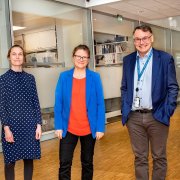


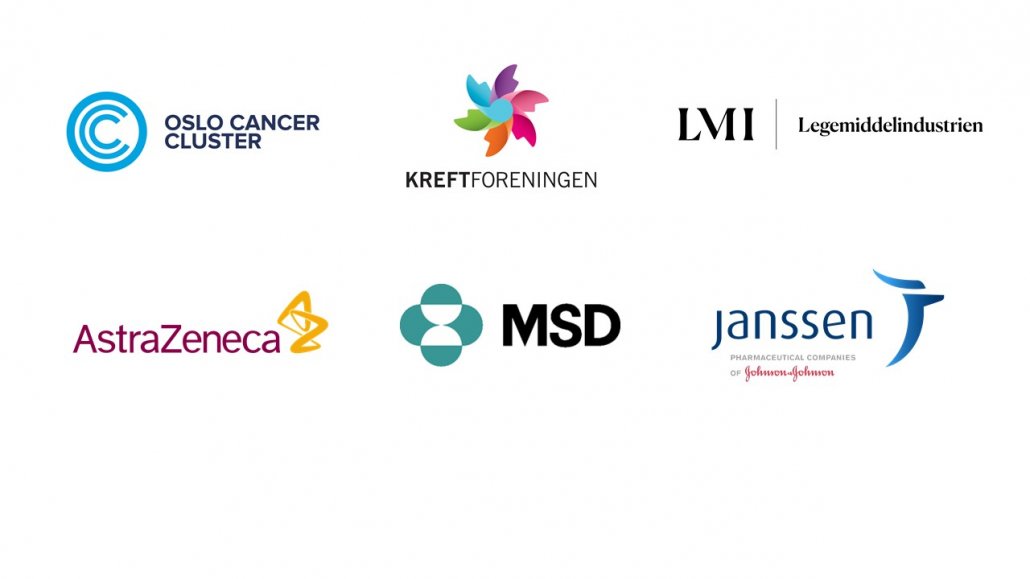

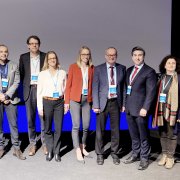 Oslo Cancer Cluster
Oslo Cancer Cluster 